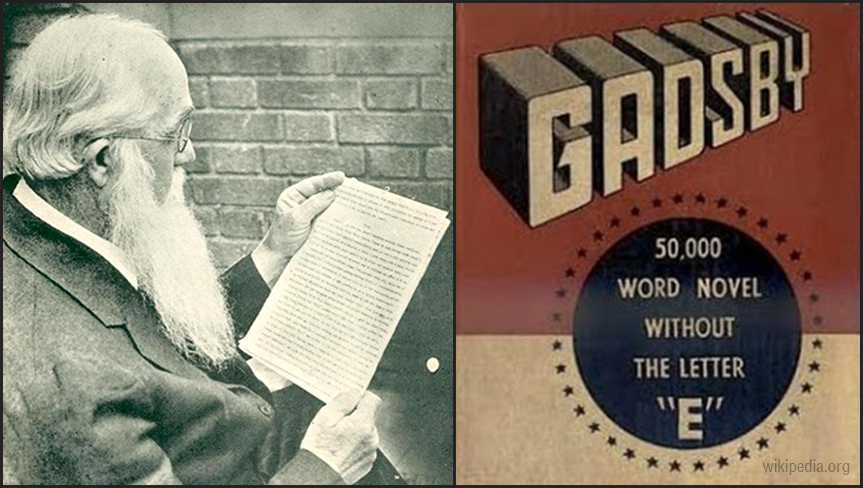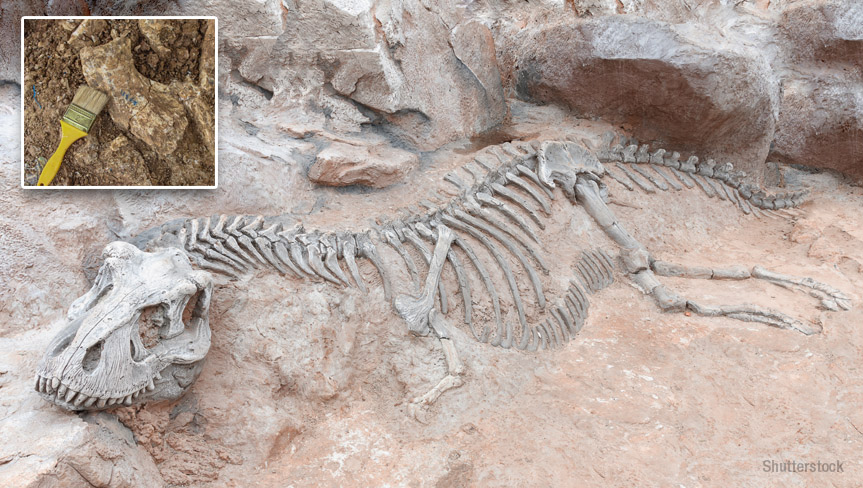21st June 2018
Gadsby: Fifty thousand words without an ‘e’
There are very, very few words in the English language where vowels aren’t used. And ‘e’ is the most commonly used letter in the English language. There are 22 ‘e’s in the previous two sentences alone! Then, imagine how much difficult it must have been to write Gadsby, a 50,000-word novel without the letter ‘e’! Except for the introduction and the note at the end, you won’t find the letter ‘e’ used anywhere.





